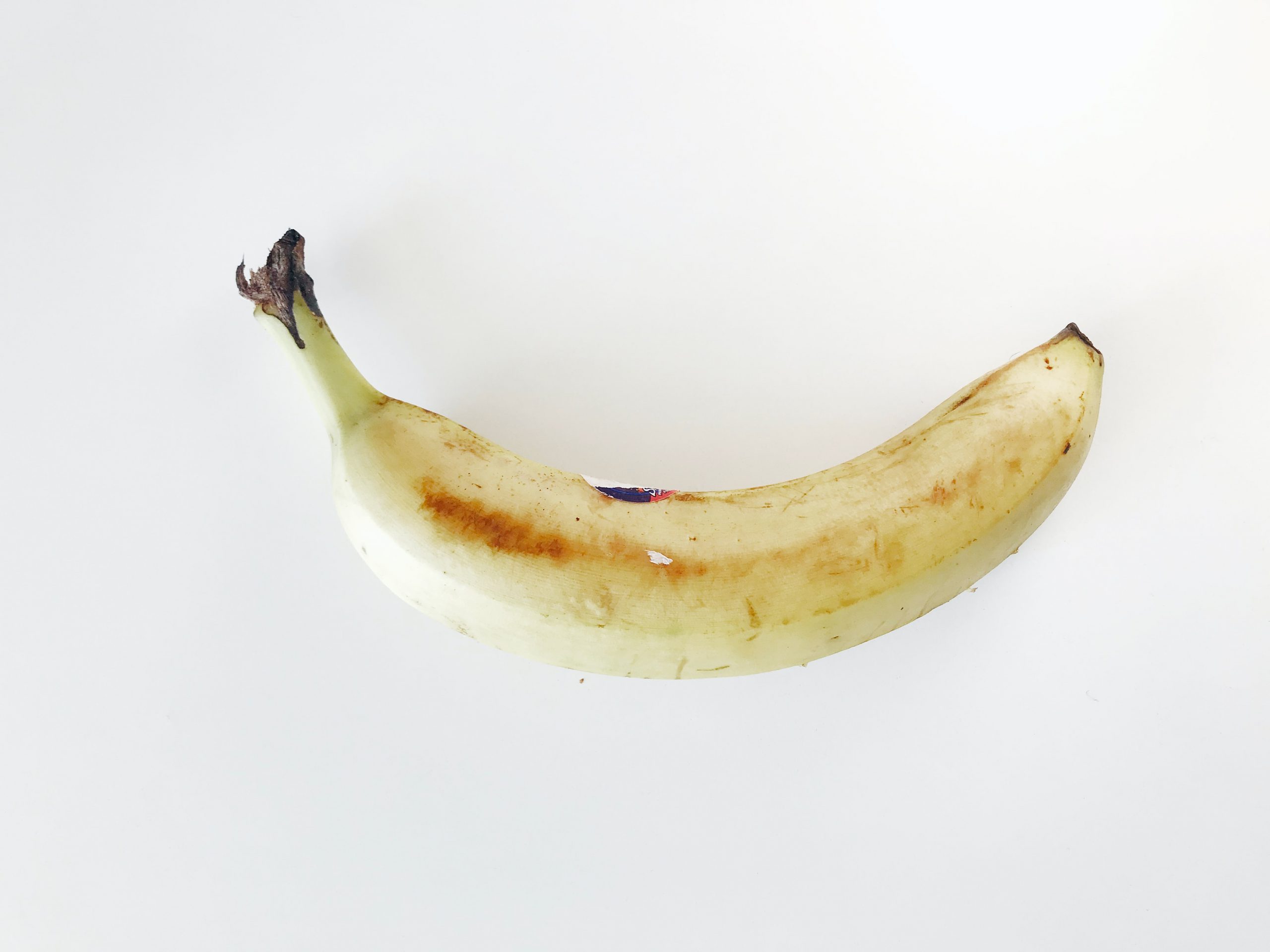Tag: Market
-
Food waste and what you can do to prevent it

Foodwaste.ch and the Kanton Zürich have published together the report “No Waste, let’s taste”. In this article you will find the most important facts, figures, and advice on how to prevent food waste.Food waste in Switzerland The term food waste refers to food that is wasted, although it is fit for human consumption. Inedible parts,…